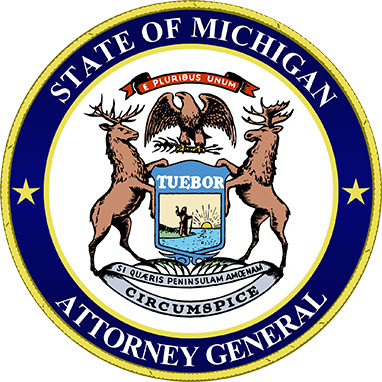|
LANSING – Michigan Attorney General Dana Nessel is warning residents about fraudulent smishing text messages with an alleged delivery notification and tracking link, purporting to be from the United States Postal Service (USPS).
“It is critically important for people to recognize a scam like this and avoid giving out their personal information,” said Nessel. “Clicking on fraudulent links can lead to identity theft, the installation of malware on your device, and could lead to your contact information being sold to other bad actors who are also looking to take advantage of unsuspecting victims.”
Smishing is when the scammer entices the victim by claiming a victim must provide them with a password, account number, or even social security number to stop an alleged fraudulent transaction. Once this information is provided, the scammer can gain access to the device and any personal information stored on it, including email, bank, credit card, or other types of accounts including social media.
In response, Nessel wants to remind residents of ways to protect your number and information:
- Don't share your phone number unless you know the person or organization well.
- Don't assume a text is legitimate because it comes from a familiar phone number or area code. Spammers use caller ID Spoofing to make it appear the text is from a trusted or local source.
- Don't provide personal or financial information in response to the unsolicited text or at a website linked to the message.
- Don't click on links in a suspicious text; they could install malware on your device or take you to a site that does the same.
- Don't reply, even if the message says you can "text STOP" to avoid more messages. That tells the scammer or spammer your number is active and can be sold to other bad actors.
- Never follow a text's instructions to push a designated key to opt out of future messages.
This smishing scam is common and may look like the below photo. In addition to the sender’s email coming from a public domain instead of the organization's, the suggested link does not match the public facing website for the USPS.
A library of consumer alerts created by the Department of Attorney General’s Consumer Protection Team is available online and organized by a number of categories.
Or to file a complaint with the Department of Attorney General, contact:
Consumer Protection Team
P.O. Box 30213
Lansing, MI 48909
517-335-7599
Fax: 517-241-3771
Toll free: 877-765-8388
Online complaint form
|

